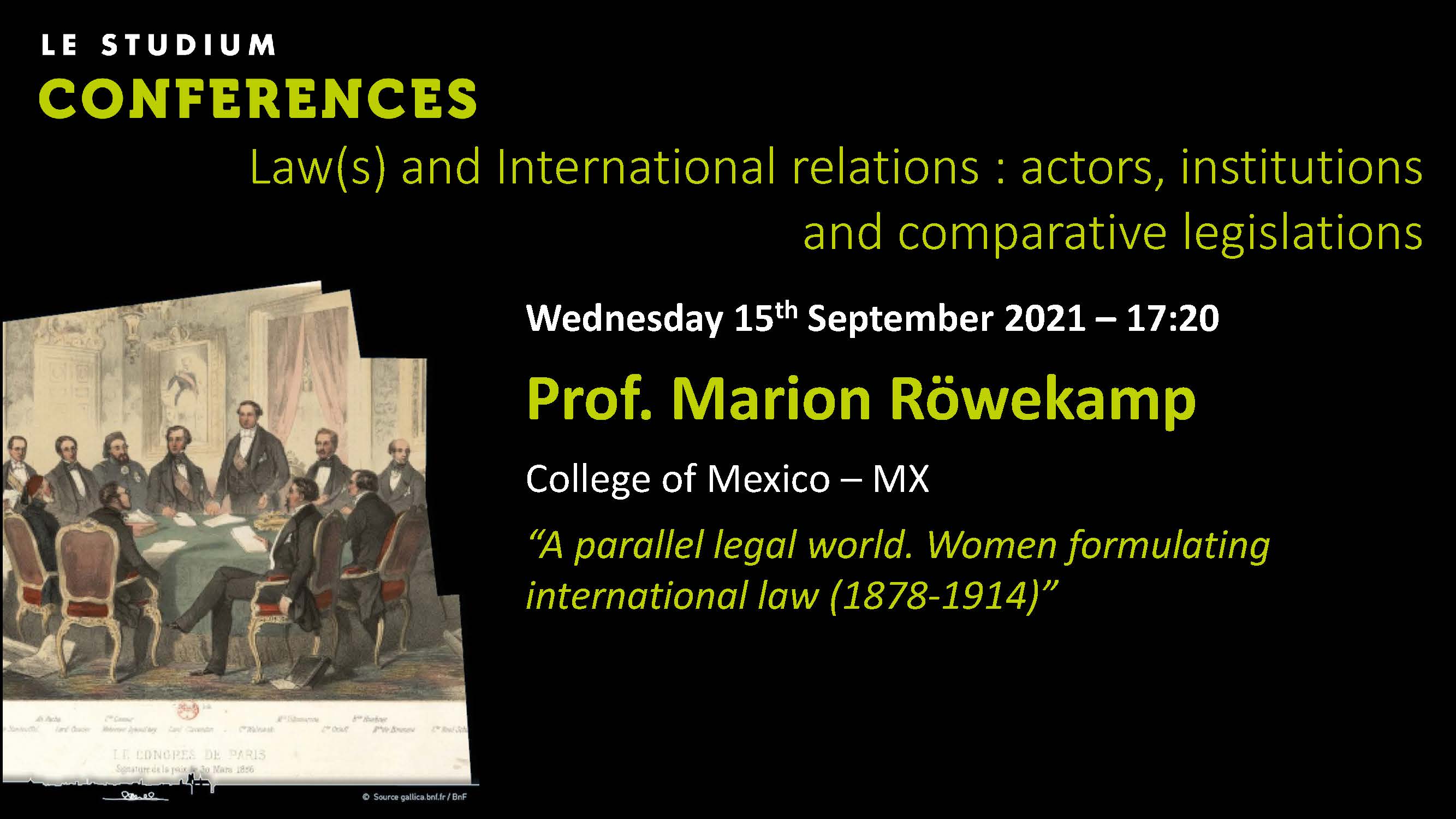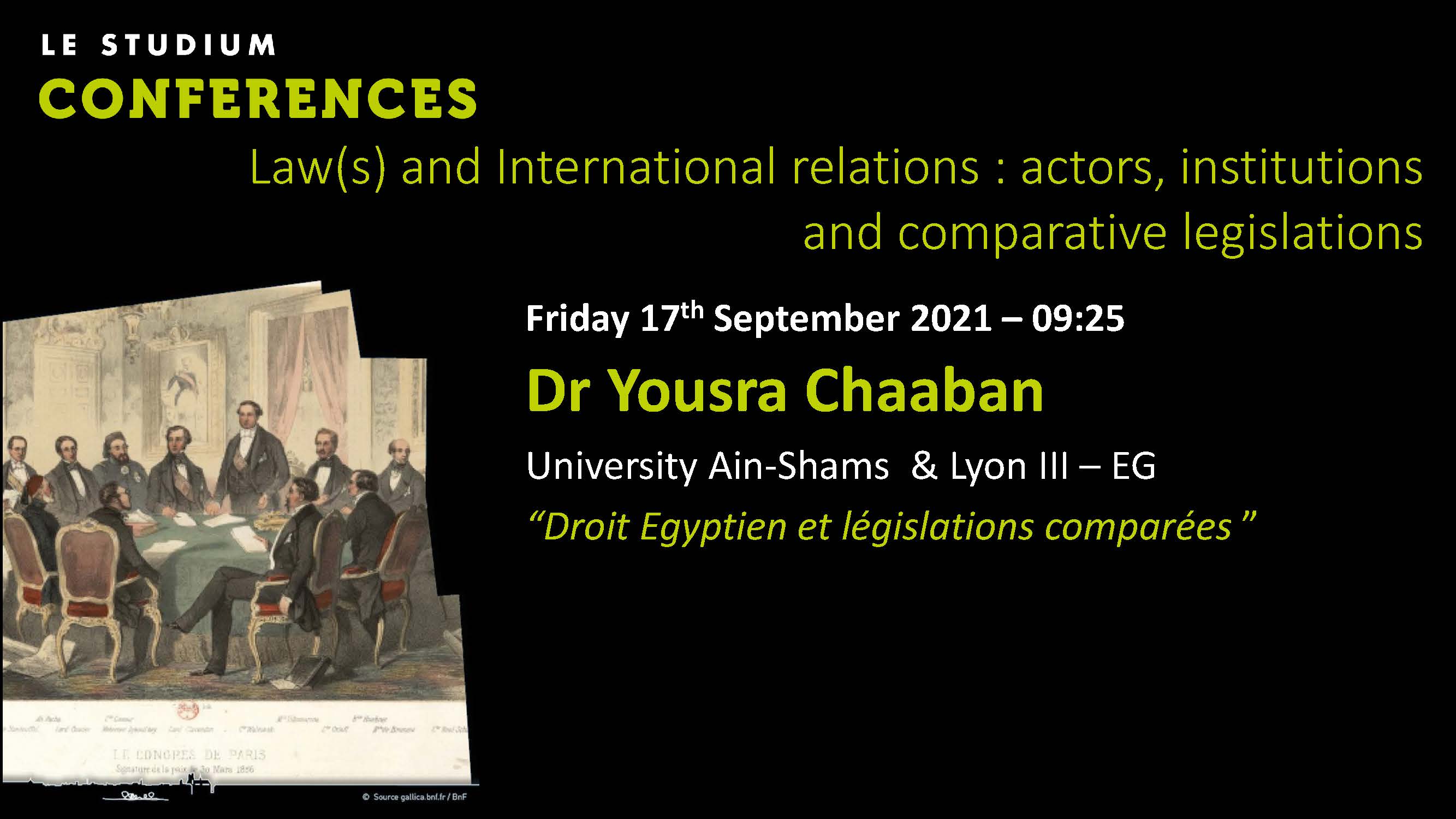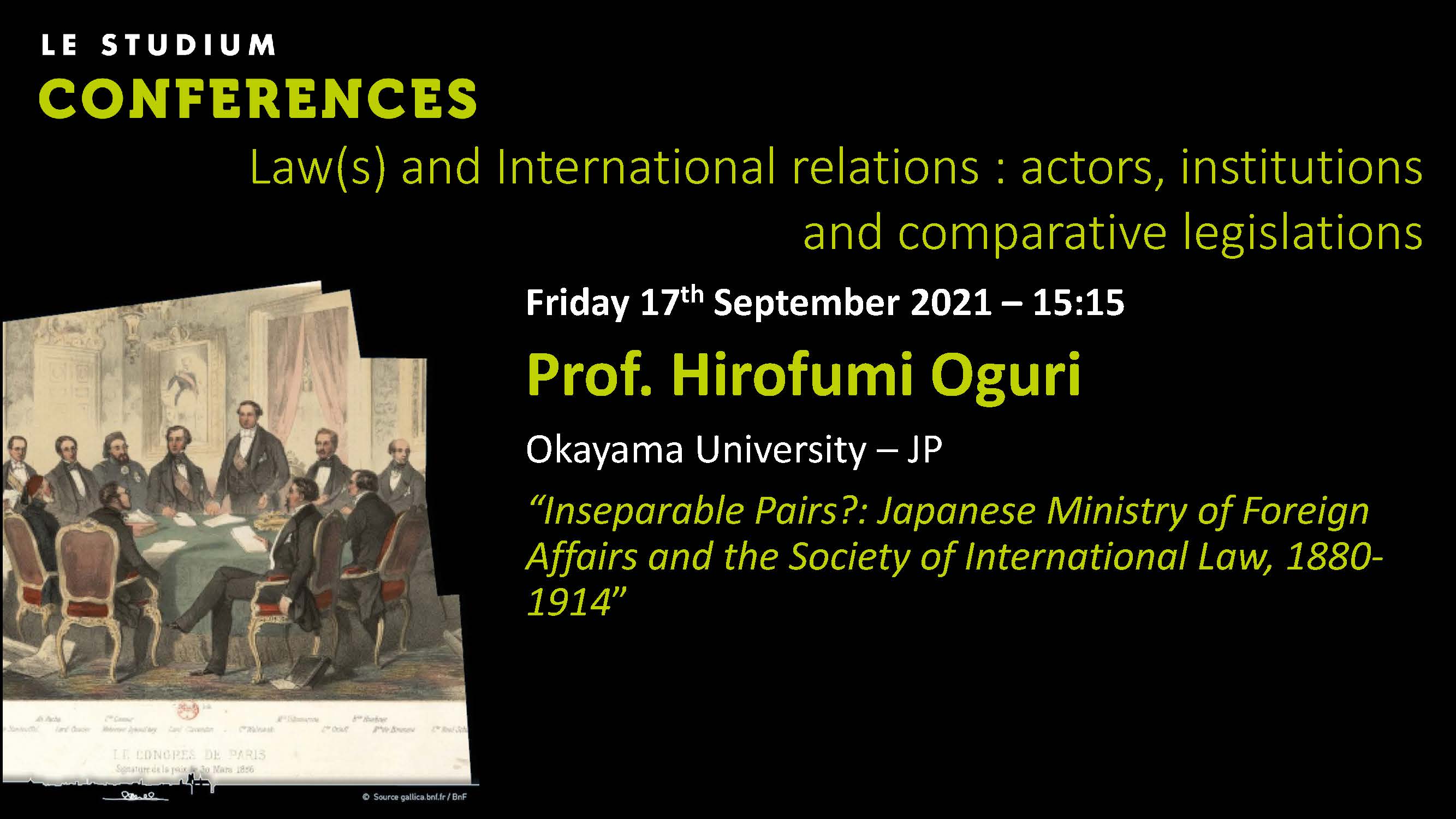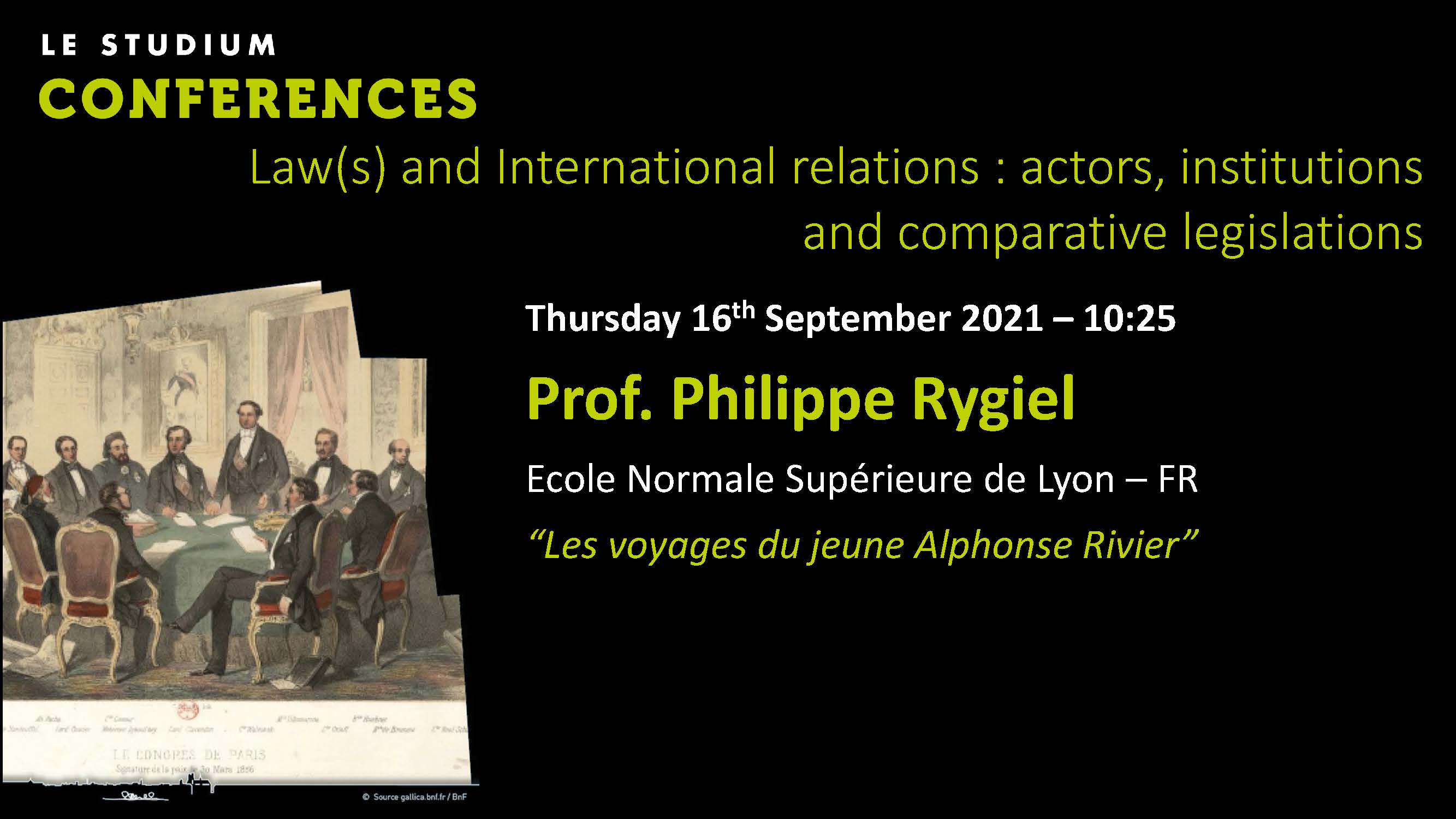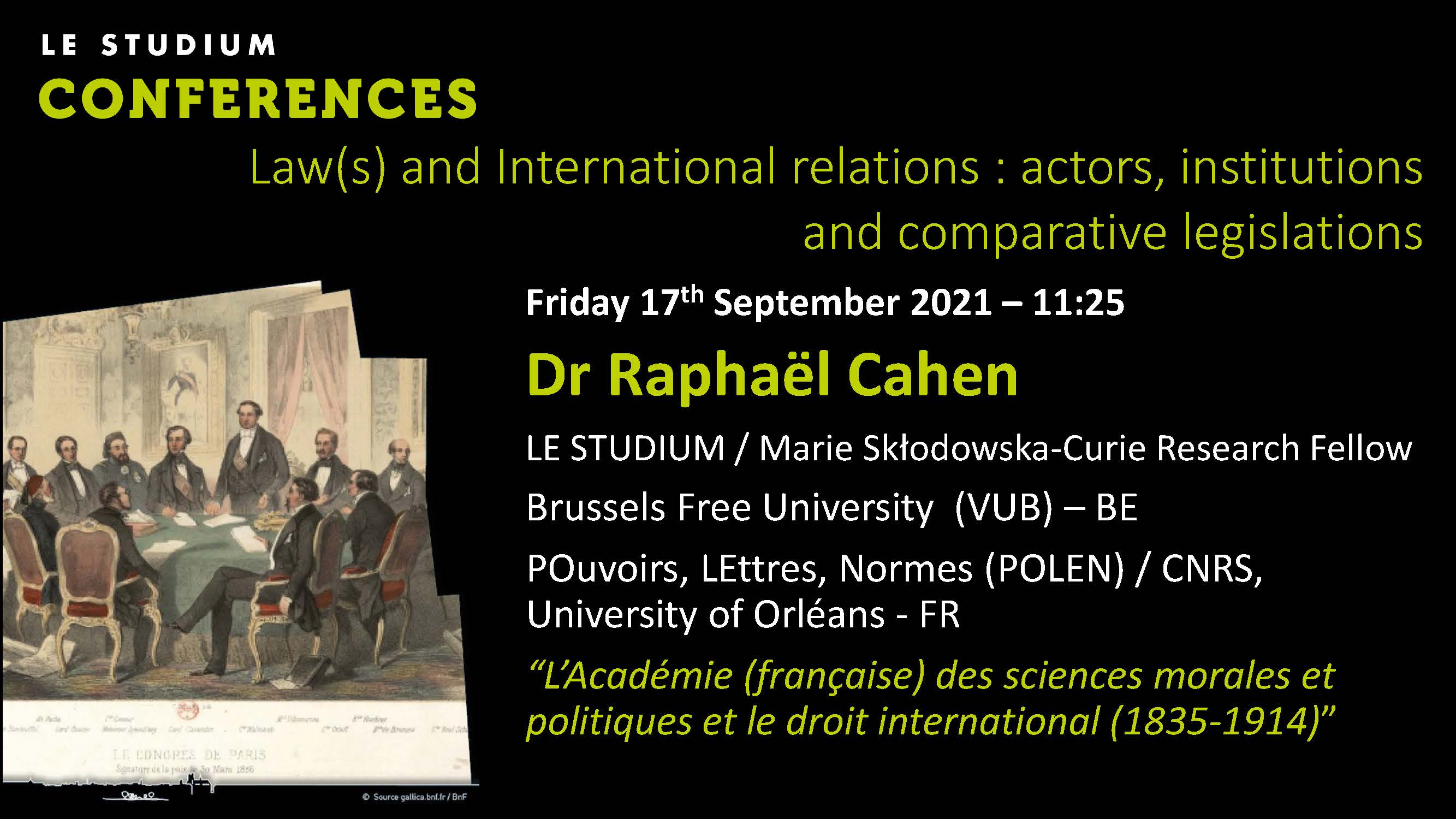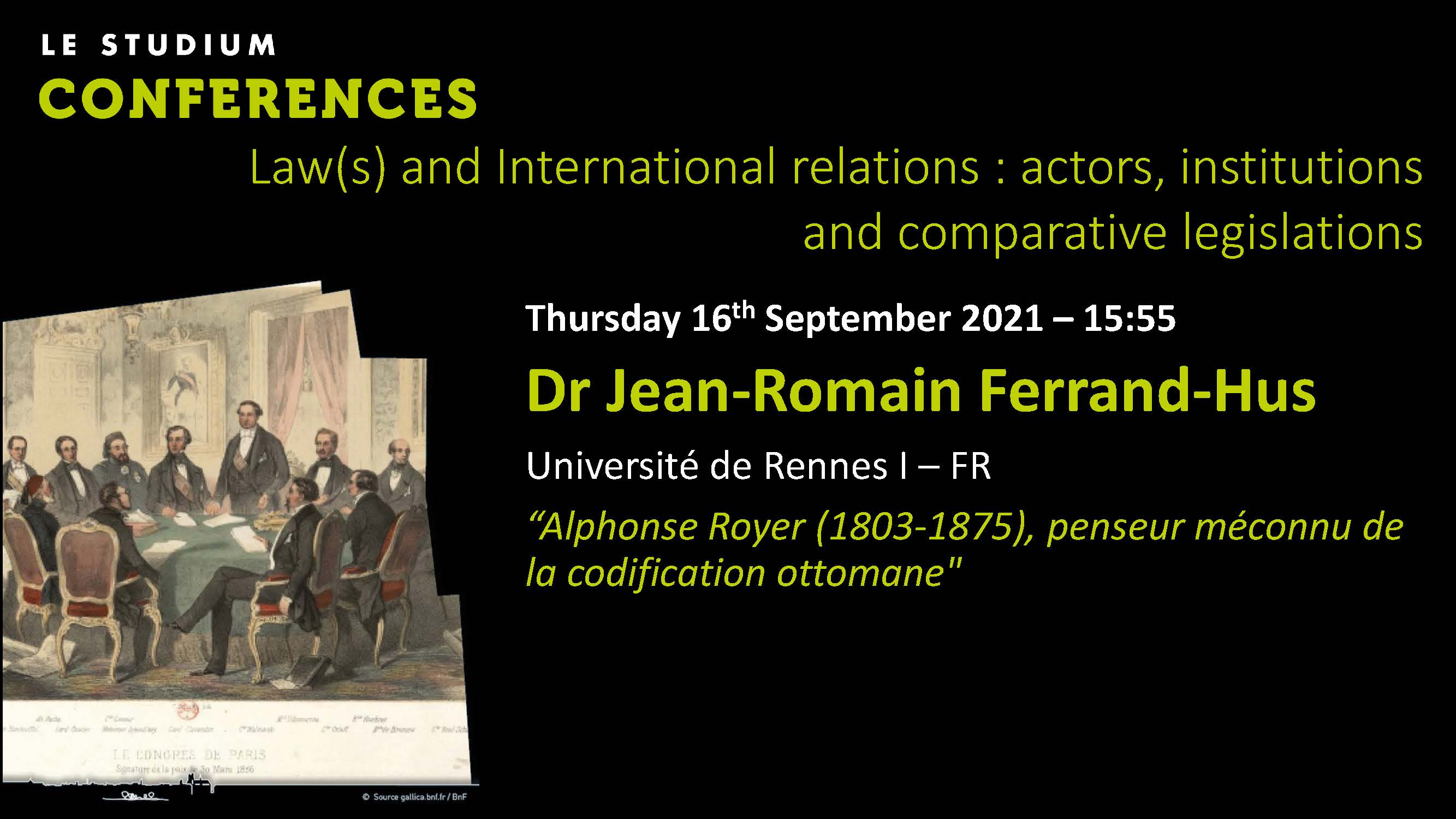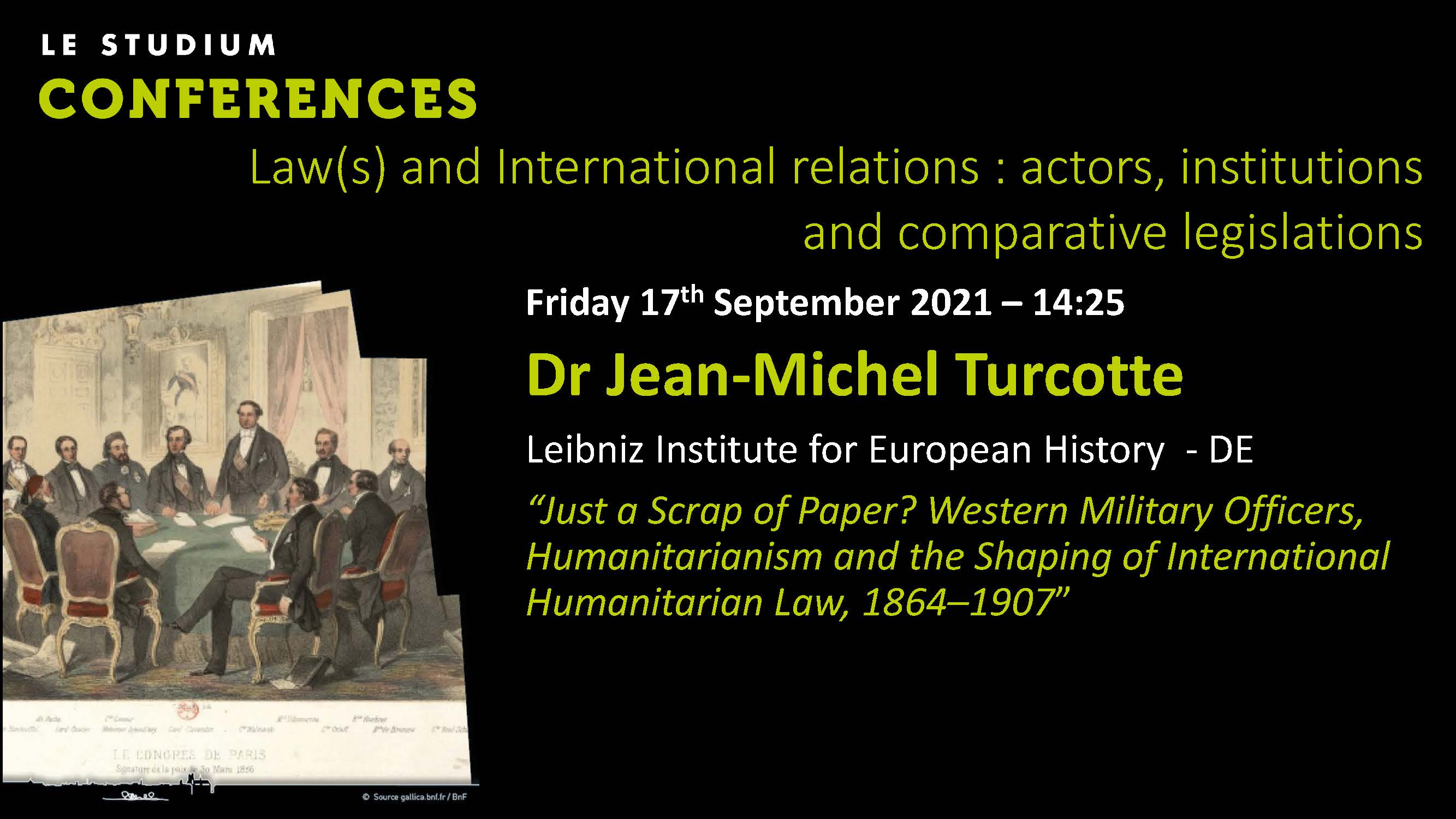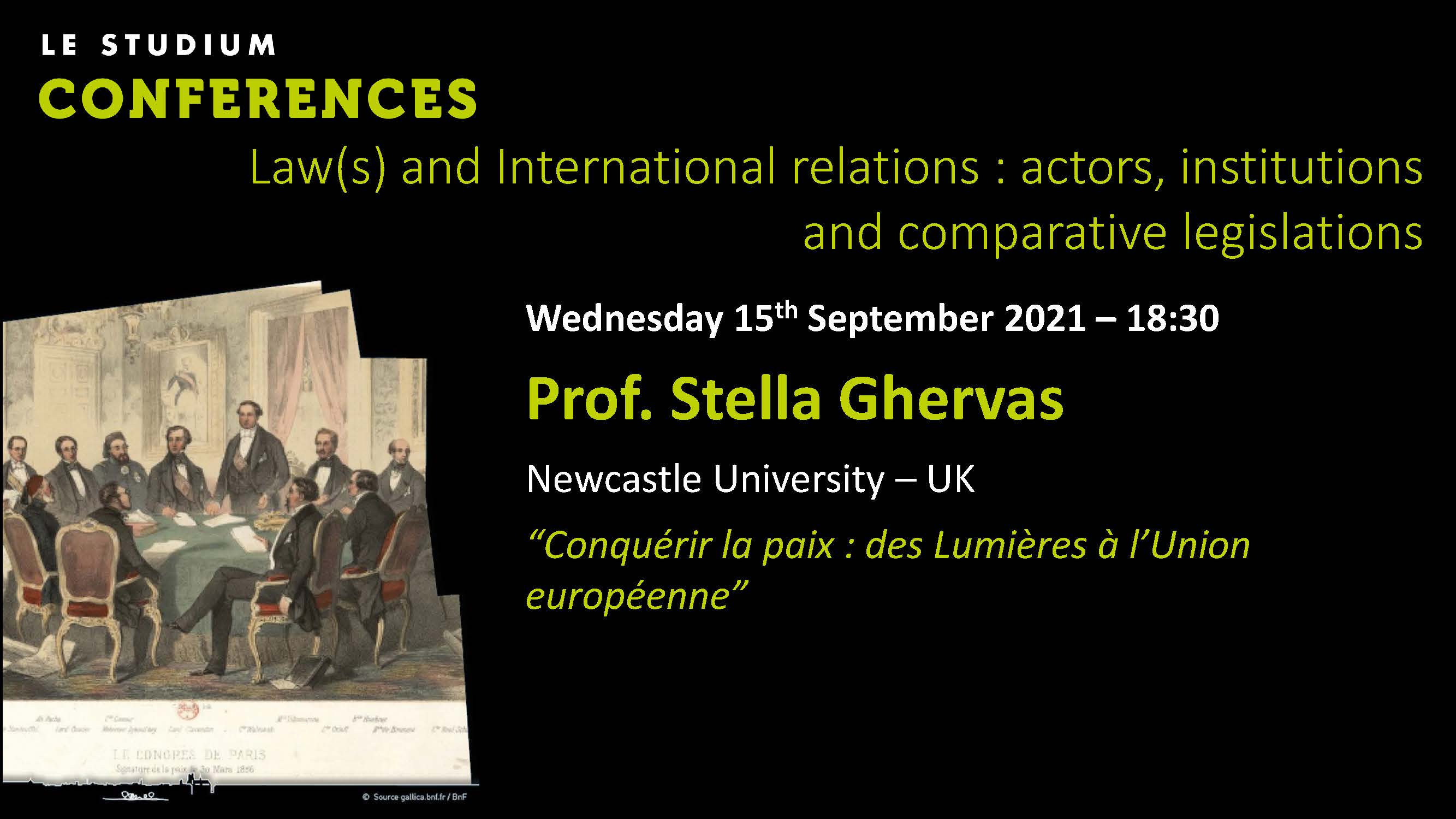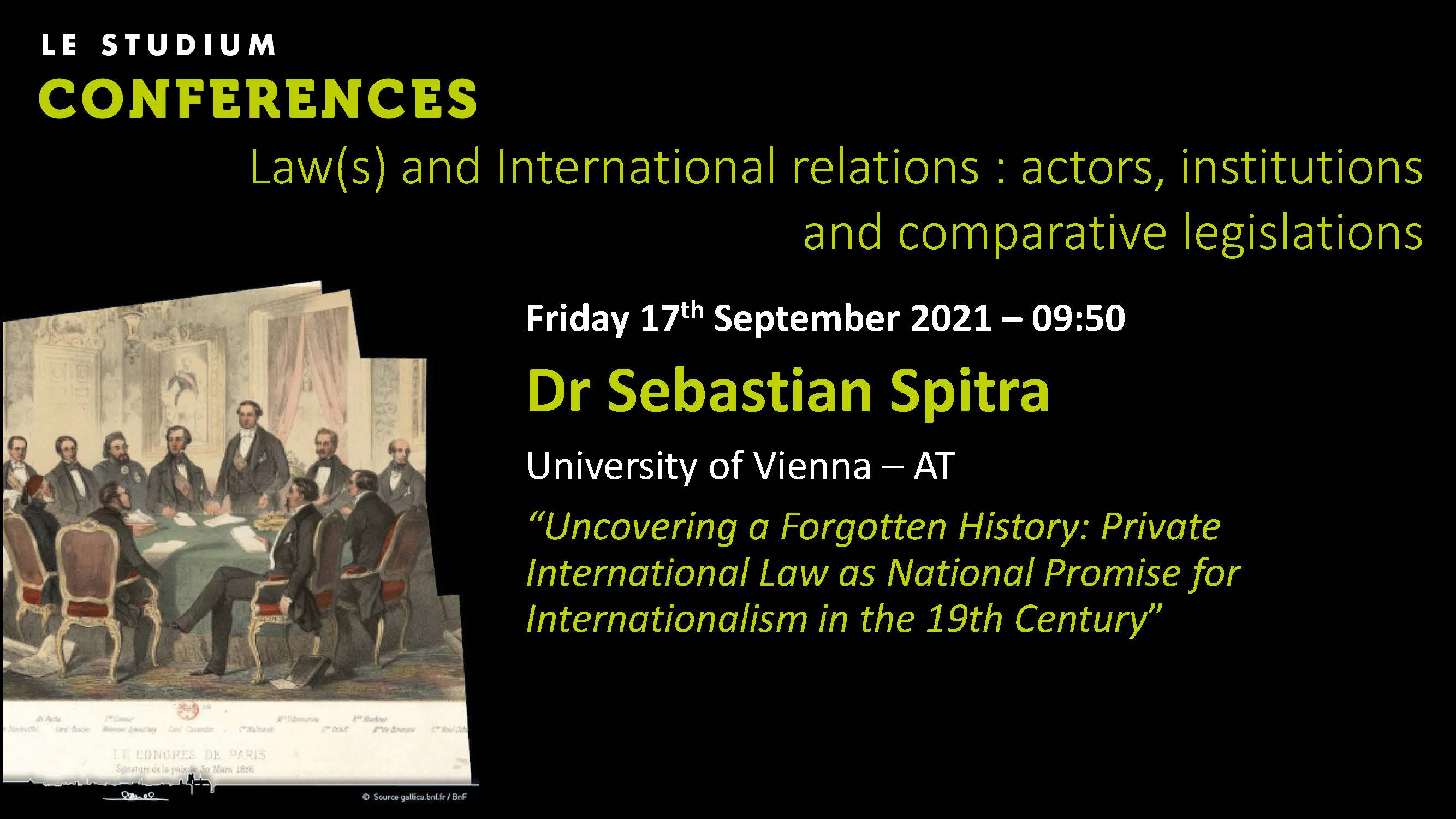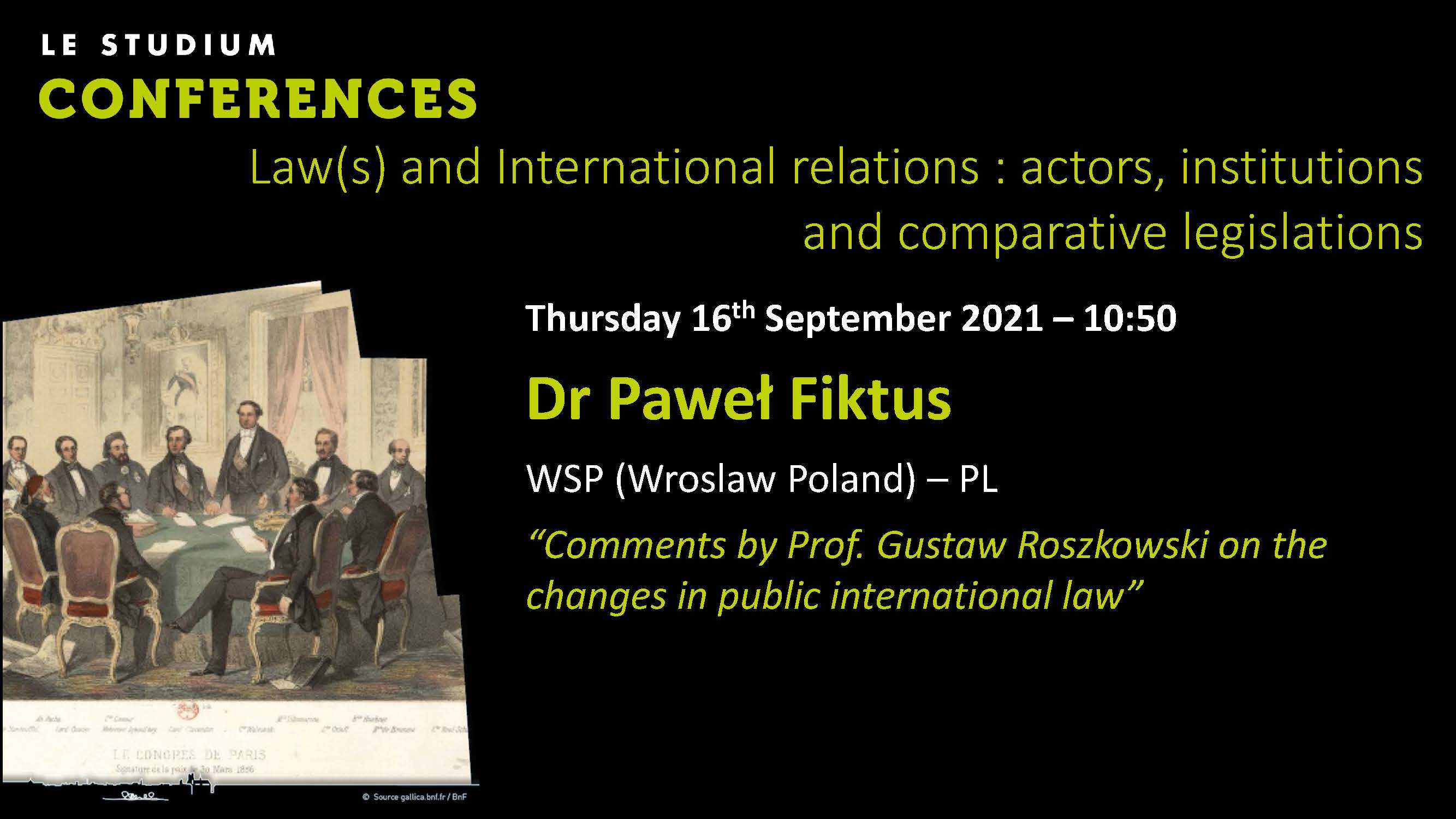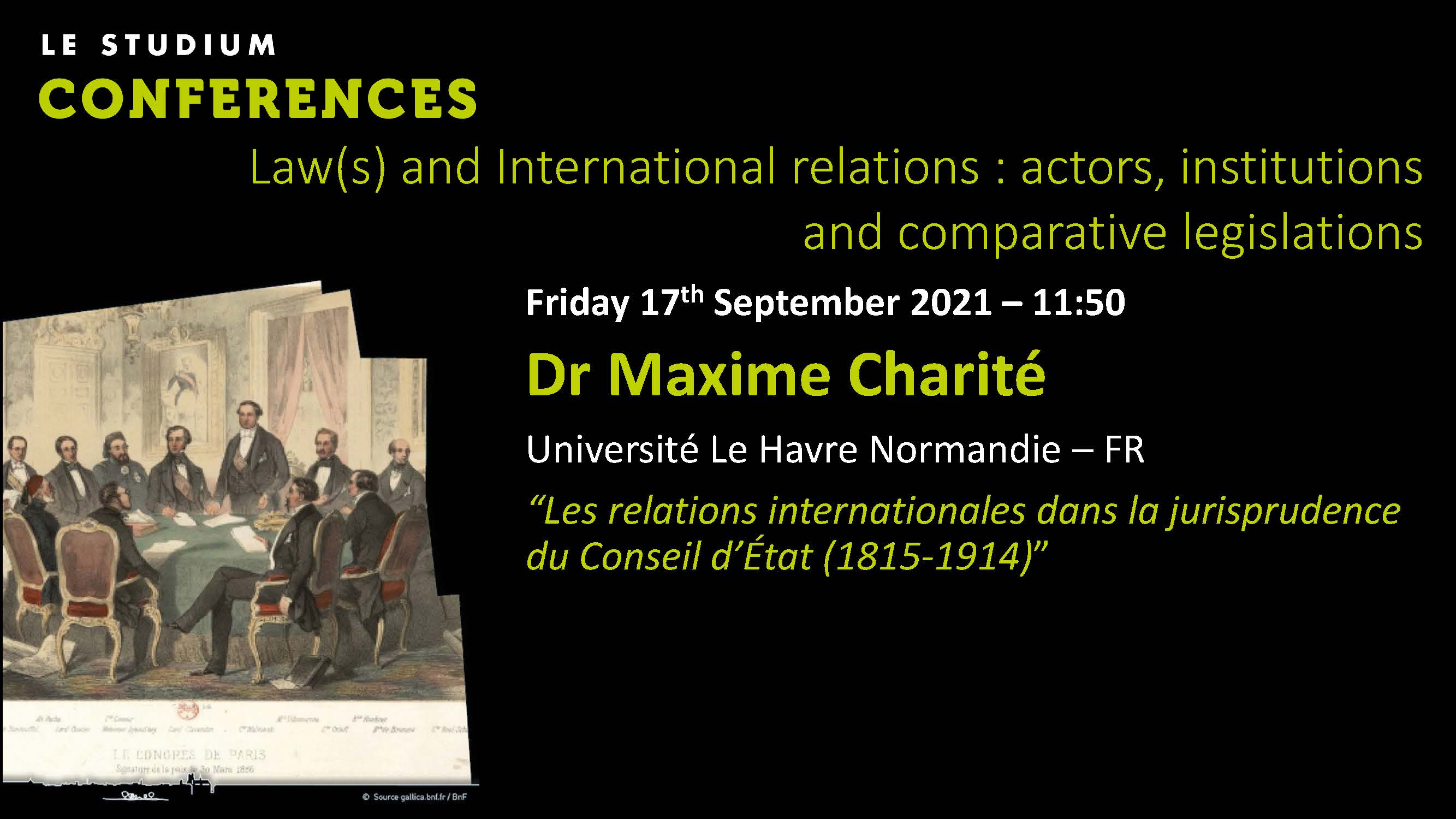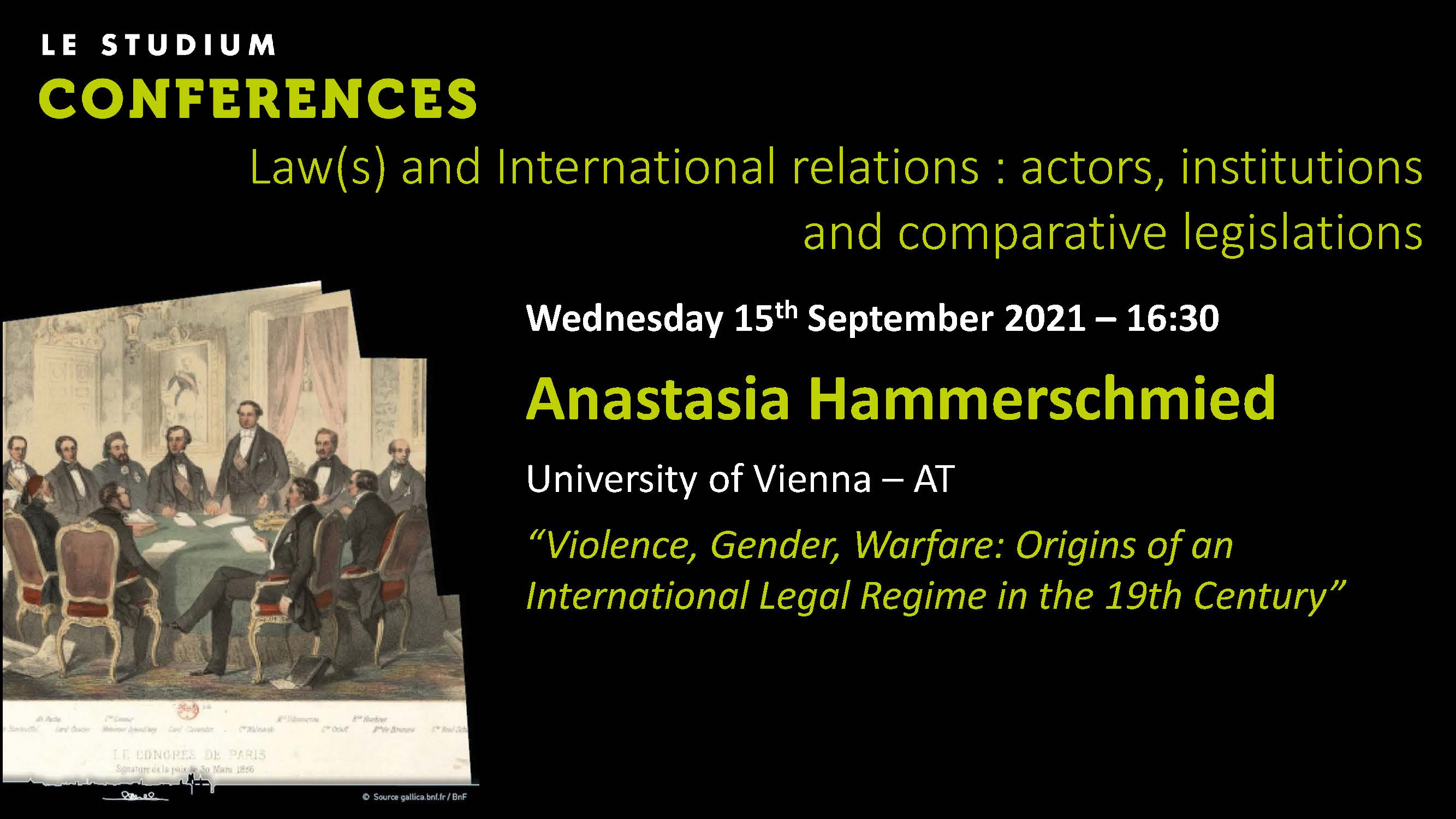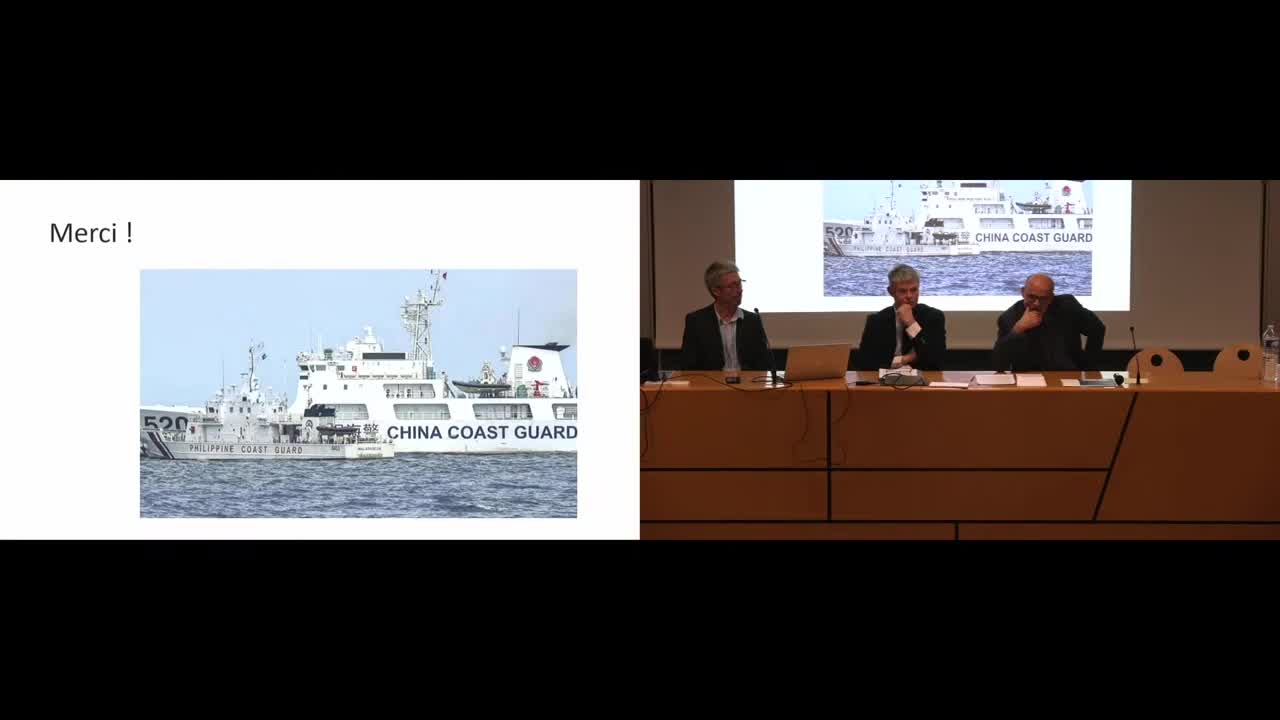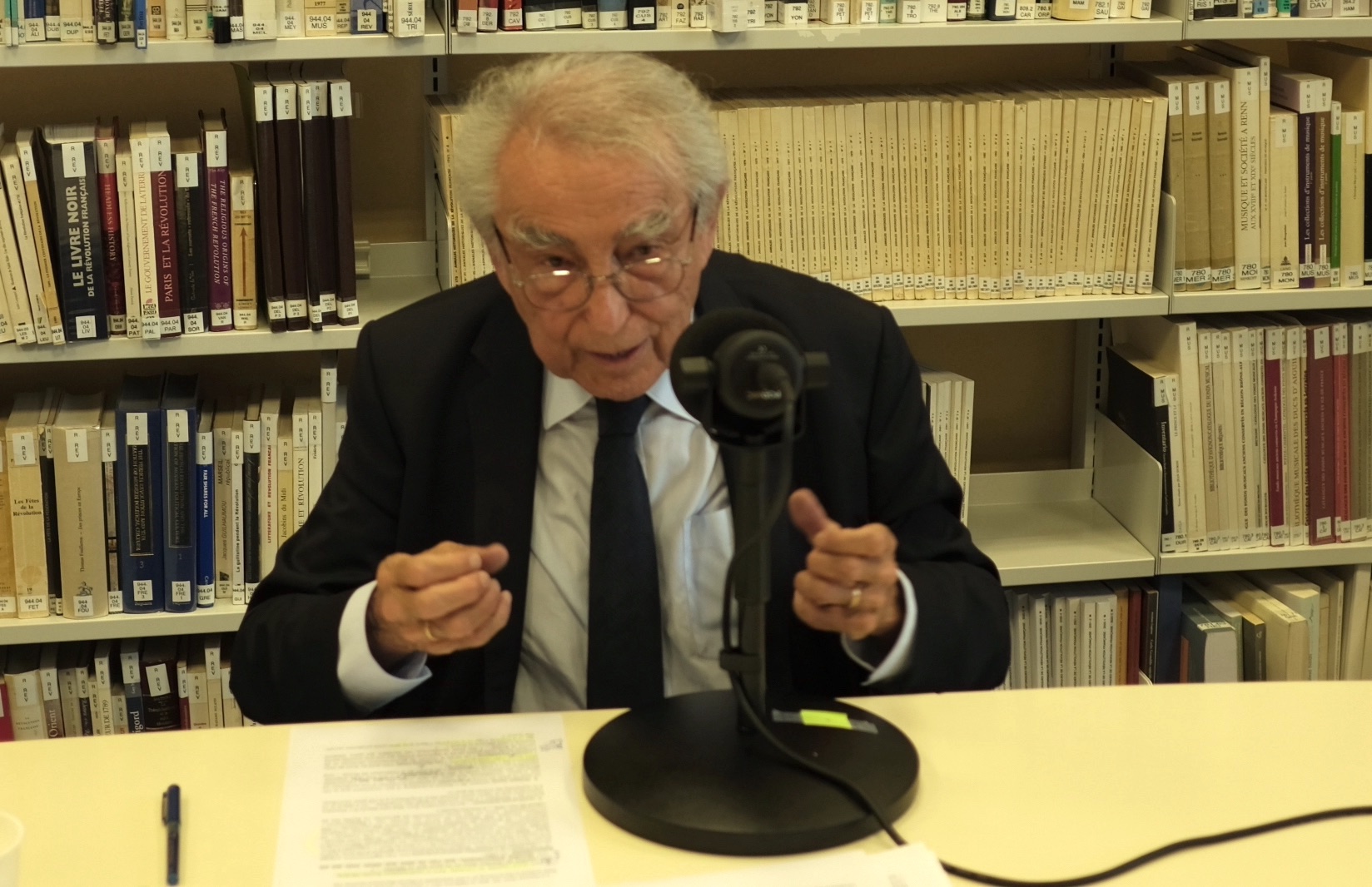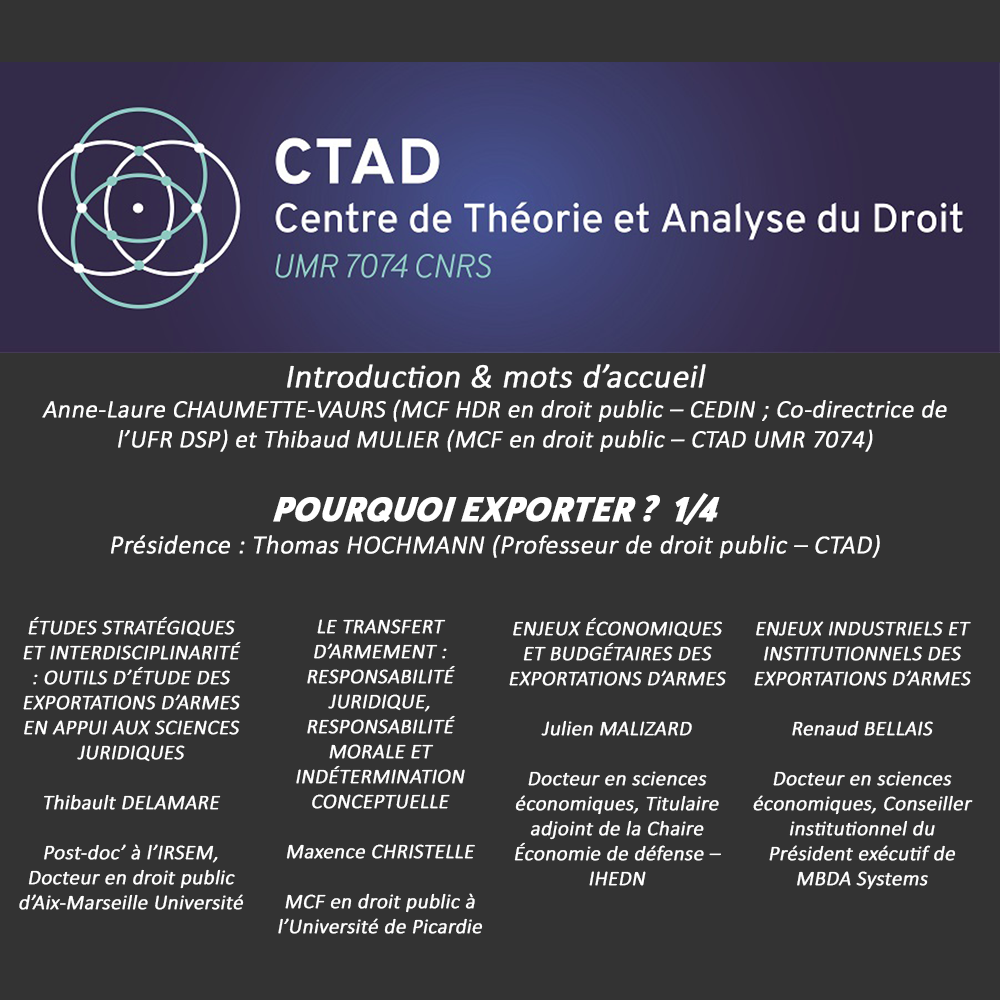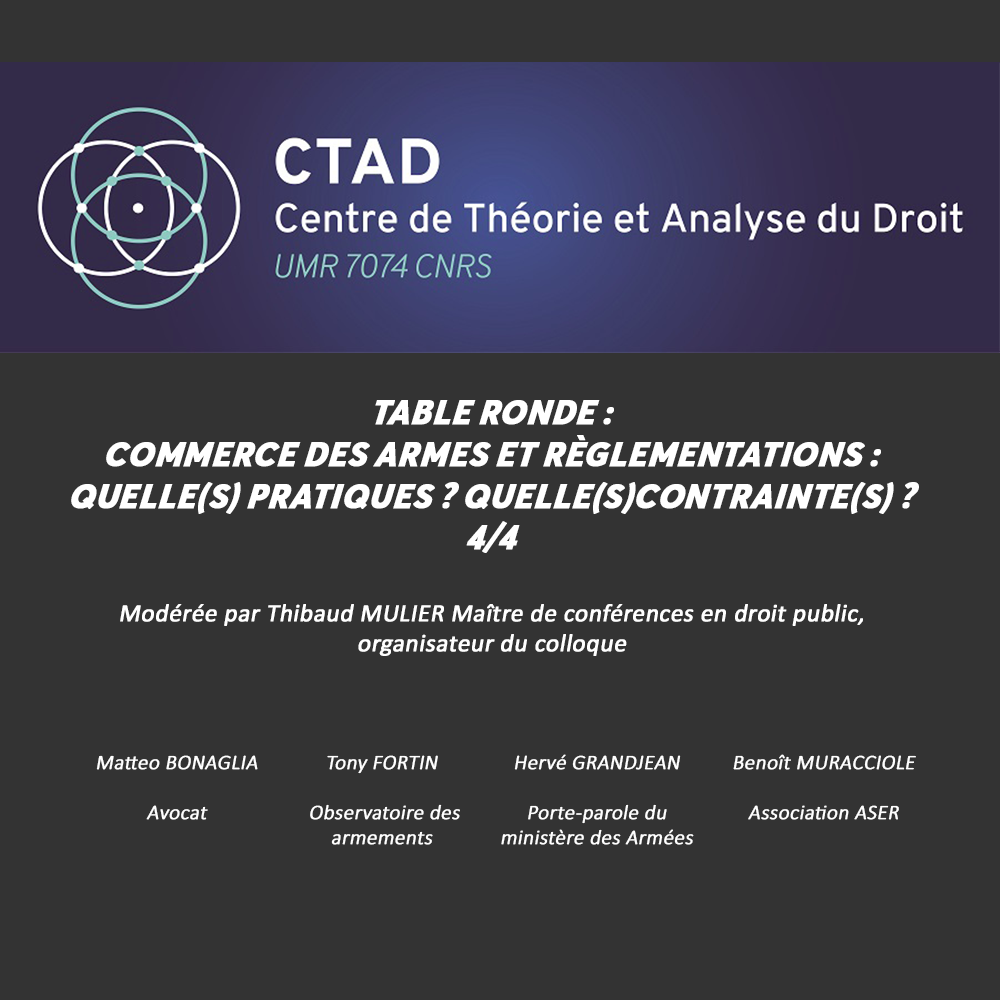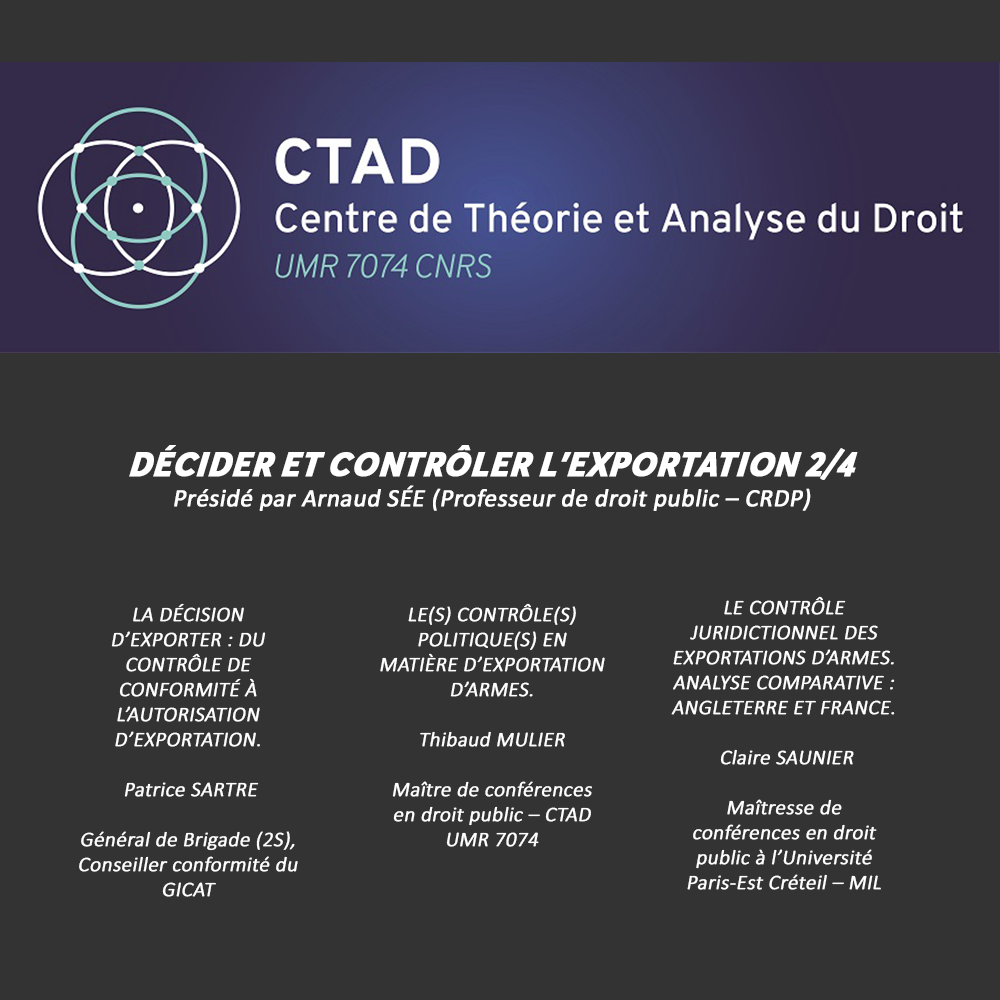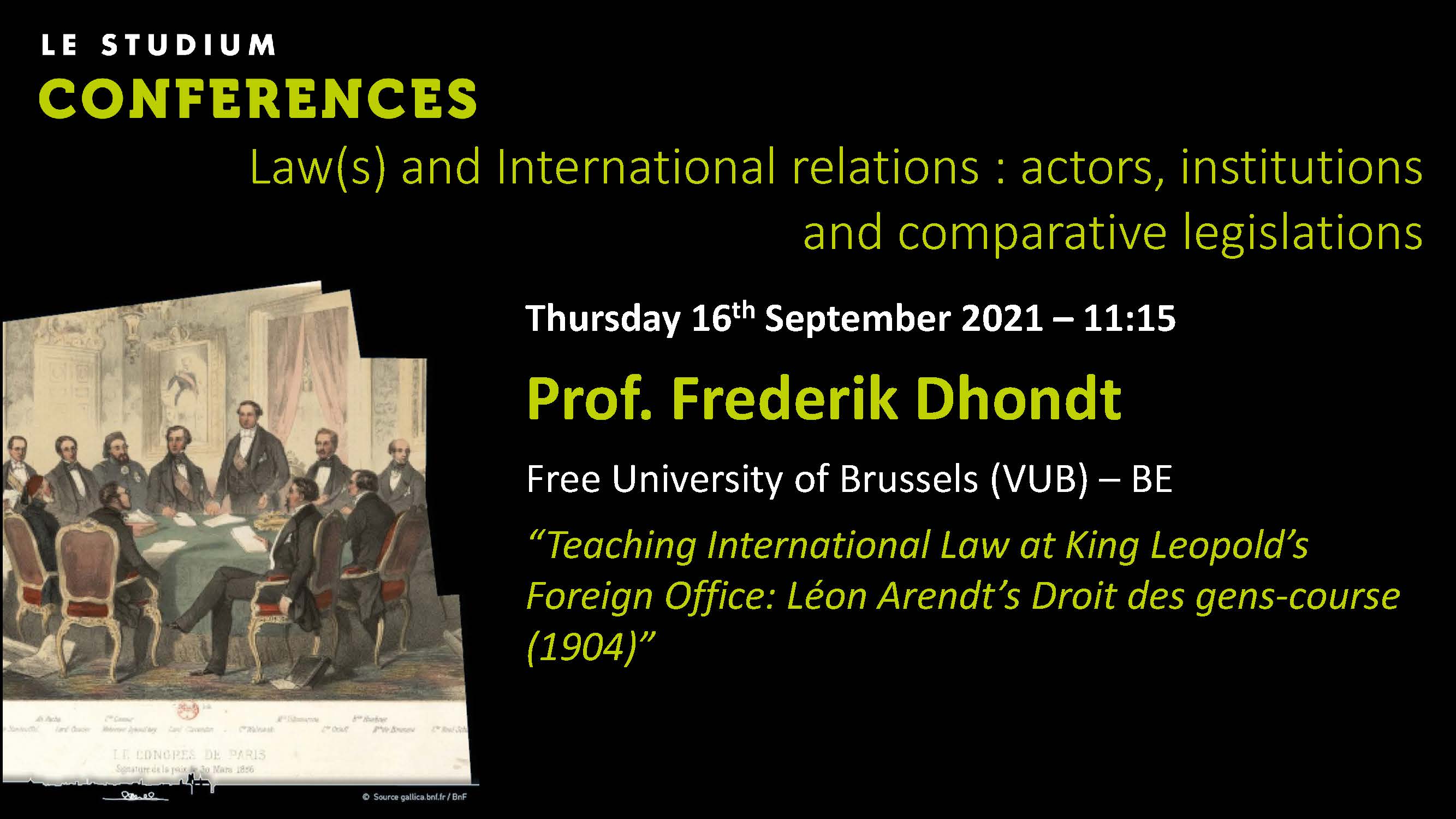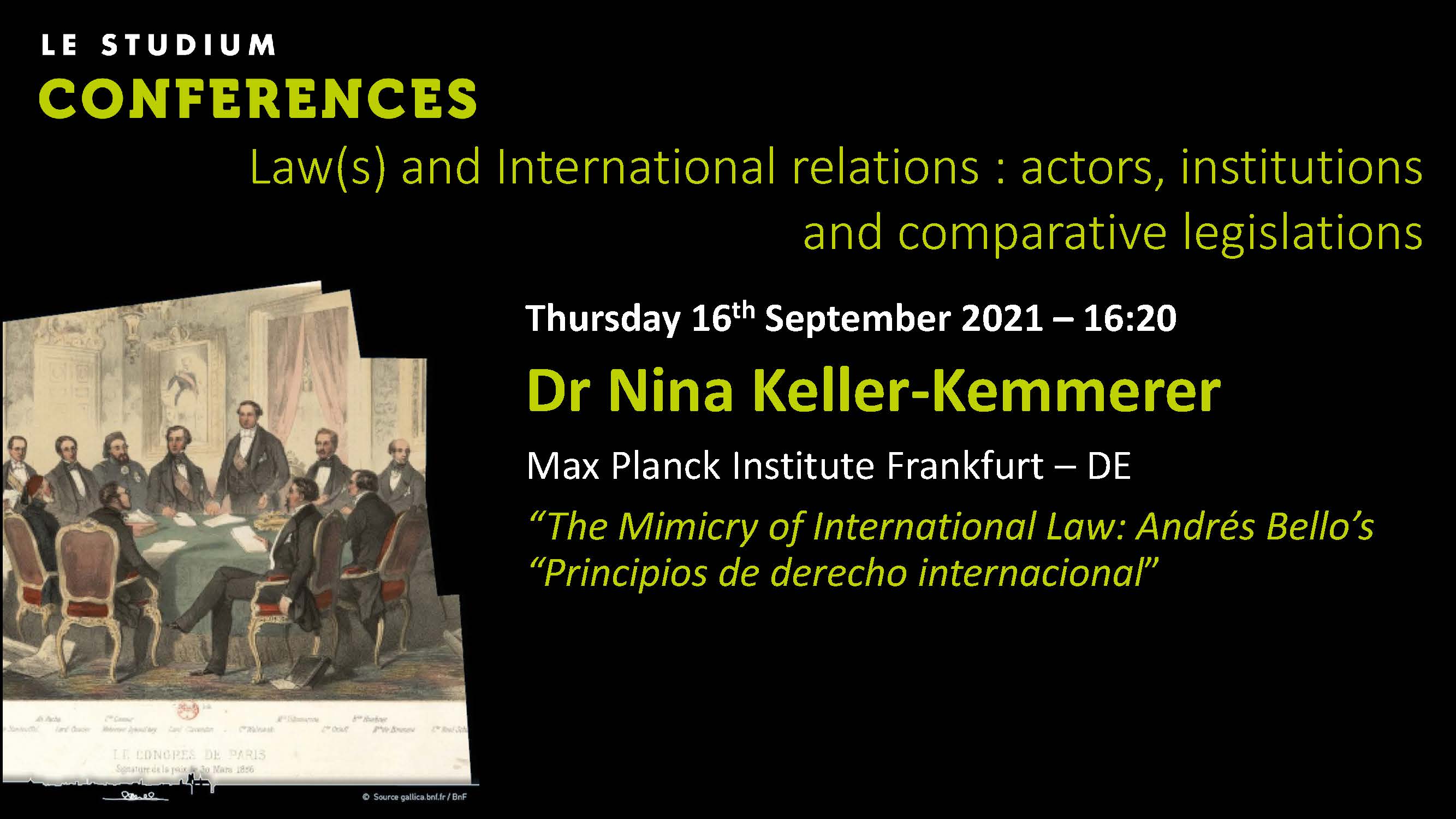Notice
Sara Kimble - Women’s Rights and the Rights of Man: Women’s Status under Law as the Measure of Civilization in Political and Legal Discourse, 1869-1914
- document 1 document 2 document 3
- niveau 1 niveau 2 niveau 3
Descriptif
This paper explores the conceptualizationof women’s rights as a measure of the advancement of societies in comparativeperspective through political and legal discourse from the 1860s to 1914. Myinvestigation focuses on French perceptions of Anglo-American reforms in theareas of women’s political rights, educational opportunities, and professionalemployment to understand the power and limitations of these debates. Promptedby Charles Fourier’s proclamation that “l’extension des privilèges des femmesest le principe general de tous les progrès sociaux,” (Théorie des quatre mouvements), myriad politico-legal thinkers inFrance observed the progressive advancements for women in family and propertylaw in England, and political rights and access to the jury in the AmericanWest, as a challenge and a tocsin that French society compared poorly onwomen’s emancipation. Advocates of women’s rights seized on the internationalcomparisons to argue for reform of women’s rights, to fulfil the promise of theDeclaration of the Rights of Man andCitizen by extending the rights and duties to women. Women’s emancipation,especially in public and constitutional law, was coded as “modern” and“civilized,” a sign of the triumph of justice over “barbarism” and otherantiquated forms of government. This research examines ways in which theattainment of gender equality in law functioned as a marker of the degree ofcivilization operating within a nation-state, a reflection of the “soft”diplomacy of international relations.
Thème
Dans la même collection
-
Marion Röwekamp - A parallel legal world. Women formulating international law (1878-1914)
The process of women formulating international law started with congresses held by the transnational women's movement. Here female specialists met, exchanged legal knowledge, collected and compared
-
Yousra Chaaban - Droit Egyptien et législations comparées
On the other side of the Mediterranean, at the end of the 19th century and at the beginning of the 20th century, international relations, and particularly French ones, played an important role in
-
Hirofumi Oguri - Inseparable Pairs?: Japanese Ministry of Foreign Affairs and the Society of Intern…
The reception of European international law in the Meiji era (1868-1912) in Japan is characterised as full of ‘pragmatism’, based on the primary foreign policy adopted by the government. For
-
Philippe Rygiel - Les voyages du jeune Alphonse Rivier
Alphonse Rivier (1835-1898) is a forgotten member of the generation of internationalists who participated in the institutionalization of international law. Author of treatises, translator of Tobias
-
Raphaël Cahen - L’Académie (française) des sciences morales et politiques et le droit international…
From his foundation in 1832 until Word War I, the French Académie des sciences morales et politiques has been a place of Knowledges where the discipline of international law has been constructed.
-
Jean-Romain Ferrand-Hus - Alphonse Royer (1803-1875), penseur méconnu de la codification ottomane
On 15 March 1856, as the Congress of Paris is opening, Alphonse Royer – a man of letters, an Orientalist and a traveller who had become director of the Imperial Opera – hands Napoleon III a note on
-
Jean-Michel Turcotte - Just a Scrap of Paper? Western Military Officers, Humanitarianism and the Sh…
This presentation takes a look at my new book project focusing on the history of the Geneva Conventions. The first Convention for the Amelioration of the Condition of the Wounded in Armies in the
-
Stella Ghervas - Conquérir la paix : des Lumières à l’Union européenne
L’Europe n’a guère connu de longs moments de paix dans son histoire. Dans cette conférence grand public, basée sur son dernier livre Conquering Peace : From the Enlightenment to the European Union
-
Sebastian Spitra - Uncovering a Forgotten History: Private International Law as National Promise fo…
The historical study of private international law is an often-neglected topic within the broader turn to the history in international law. Only a few works explore the dogmatic, intellectual and
-
Paweł Fiktus - Comments by Prof. Gustaw Roszkowski on the changes in public international law
The presented topic refers to the first point and will concern one of the leading but somewhat forgotten lawyer – Gustaw Roszkowski associated with the University of Lviv. In addition to his
-
Maxime Charité - Les relations internationales dans la jurisprudence du Conseil d’État (1815-1914)
Council of State case law appears as an original prism for understanding and measuring the relationship between international relations and law(s) between 1815 and 1914. During this century, this
-
Anastasia Hammerschmied - Violence, Gender, Warfare: Origins of an International Legal Regime in th…
"The honor and rights of the family ... must be respected", states Article 46 of the Hague Convention of 1899/1907, a phrase used by earlier studies on sexual violence in war to reject a
Sur le même thème
-
Mer de Chine du Sud : revendications d'espaces maritimes contradictoires et lectures divergentes du…
LasserreFrédéricAdoptée à Montego Bay le 10 décembre 1982 et entrée en vigueur le 16 novembre 1994, la Convention des Nations Unies sur le Droit de la Mer (CNUDM) compte aujourd’hui 169 Parties, dont l’Union
-
Crimes de guerre
CotteBrunoBruno Cotte, haut magistrat français, qui a présidé durant plusieurs années une chambre de première instance à la Cour pénale internationale de La Haye, intervient sur la notion de « Crimes de guerre
-
Colloque exportations d’armements et droit public. Encadrer l'exportation (Partie 3/4)
COLLOQUE EXPORTATIONS D’ARMEMENTS ET DROIT PUBLIC Troisième Panel : ENCADRER L’EXPORTATION Présidé par Jean-Louis Halpérin, Professeur, Directeur du CTAD EXPORTATIONS D’ARMES ET ÉTAT DU DROIT
-
Colloque exportations d’armements et droit public. Introduction et Pourquoi exporter ? (Partie 1/4)
COLLOQUE EXPORTATIONS D’ARMEMENTS ET DROIT PUBLIC OUVERTURE DU COLLOQUE Anne-Laure CHAUMETTE-VAURS (Maître de conférences HDR en droit public – CEDIN ; Co-directrice de l’UFR DSP) et Thibaud MULIER
-
Colloque exportations d’armements et droit public Table ronde Commerce des armes et règlementation,…
COLLOQUE EXPORTATIONS D’ARMEMENTS ET DROIT PUBLIC TABLE RONDE : COMMERCE DES ARMES ET RÈGLEMENTATIONS : QUELLE(S) PRATIQUES ? QUELLE(S)CONTRAINTE(S) ? Modérateur : Thibaud MULIER (Maître de
-
Colloque exportations d’armements et droit public. Décider et contrôler l'exportation (Partie 2/4)
COLLOQUE EXPORTATIONS D’ARMEMENTS ET DROIT PUBLIC Second Panel : DÉCIDER ET CONTRÔLER L’EXPORTATION Présidé par Arnaud SÉE (Professeur de droit public – CRDP) LA DÉCISION D’EXPORTER : DU CONTRÔLE
-
Stella Ghervas - Conquérir la paix : des Lumières à l’Union européenne
L’Europe n’a guère connu de longs moments de paix dans son histoire. Dans cette conférence grand public, basée sur son dernier livre Conquering Peace : From the Enlightenment to the European Union
-
Sebastian Spitra - Uncovering a Forgotten History: Private International Law as National Promise fo…
The historical study of private international law is an often-neglected topic within the broader turn to the history in international law. Only a few works explore the dogmatic, intellectual and
-
Frederik Dhondt - Teaching International Law at King Leopold’s Foreign Office: Léon Arendt’s Droit …
The private papers of Léon Arendt (1848-1924), director of Political Affairs in the Belgian Foreign Office from 1896 to 1912, offer a unique insider’s view on an often little-studied aspect: the in
-
Maxime Charité - Les relations internationales dans la jurisprudence du Conseil d’État (1815-1914)
Council of State case law appears as an original prism for understanding and measuring the relationship between international relations and law(s) between 1815 and 1914. During this century, this
-
Marion Röwekamp - A parallel legal world. Women formulating international law (1878-1914)
The process of women formulating international law started with congresses held by the transnational women's movement. Here female specialists met, exchanged legal knowledge, collected and compared
-
Nina Keller-Kemmerer - The Mimicry of International Law: Andrés Bello’s “Principios de derecho inte…
It was the creole intellectual Andrés Bello who first promoted the European doctrines of international law in Hispano-America. 1811 he went together with Simón Bolívar on a diplomatic mission to

